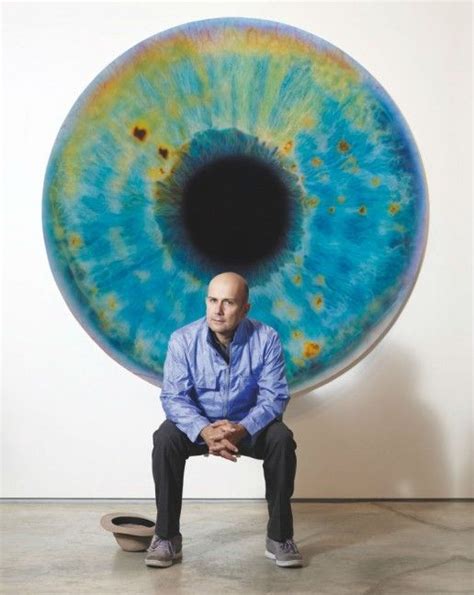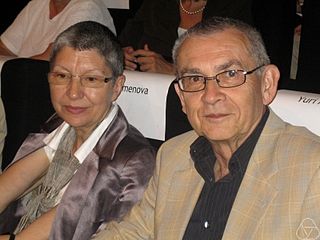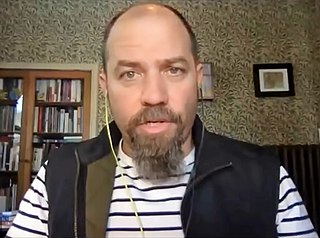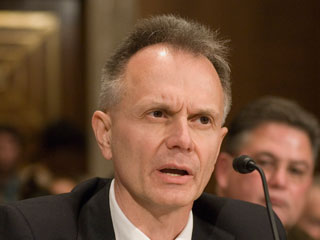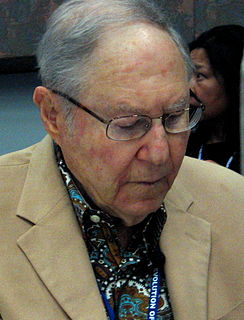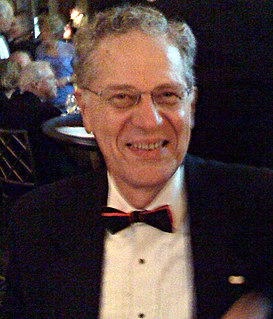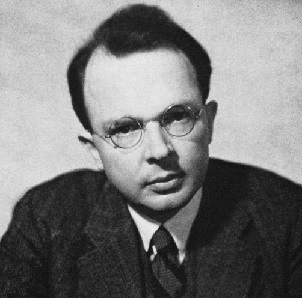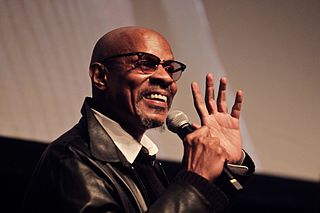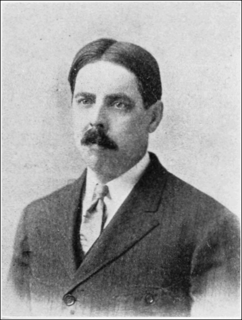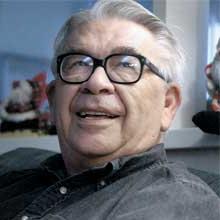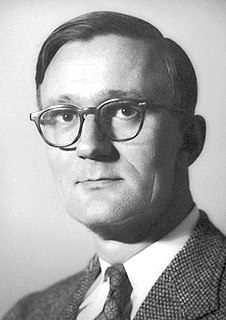Top 1200 Scientific Knowledge Quotes & Sayings - Page 3
Explore popular Scientific Knowledge quotes.
Last updated on April 19, 2025.
It is easy to see, though it scarcely needs to be pointed out, since it is involved in the fact that Reason is set aside, that faith is not a form of knowledge; for all knowledge is either a knowledge of the eternal, excluding the temporal and historical as indifferent, or it is pure historical knowledge. No knowledge can have for its object the absurdity that the eternal is the historical.
The principle of science, the definition, almost, is the following: The test of all knowledge is experiment. Experiment is the sole judge of scientific "truth." But what is the source of knowledge? Where do the laws that are to be tested come from? Experiment, itself, helps to produce these laws, in the sense that it gives us hints. But also needed is imagination to create from these hints the great generalizations--to guess at the wonderful, simple, but very strange patterns beneath them all, and then to experiment to check again whether we have made the right guess.
It is ironic that the scientific facts throw Darwin out, but leave William Paley, a figure of fun to the scientific world for more than a century, still in the tournament with a chance of being the ultimate winner... Indeed, such a theory is so obvious that one wonders why it is not widely accepted as being self-evident. The reasons are psychological rather than scientific.
Of the properties of mathematics, as a language, the most peculiar one is that by playing formal games with an input mathematical text, one can get an output text which seemingly carries new knowledge. The basic examples are furnished by scientific or technological calculations: general laws plus initial conditions produce predictions, often only after time-consuming and computer-aided work. One can say that the input contains an implicit knowledge which is thereby made explicit.
And if there be any addition to knowledge, it is rather a new knowledge than a greater knowledge; rather a singularity in a desire of proposing something that was not knownat all beforethananimproving, anadvancing, a multiplying of former inceptions; and by that means, no knowledge comes to be perfect.
Nothing gives us greater pride than the importance of India's scientific and engineering colleges, or the army of Indian scientists at organizations such as Microsoft and NASA. Our temples are not the god-encrusted shrines of Varanasi, but Western scientific institutions like Caltech and MIT, and magazines like 'Nature' and 'Scientific American.
I am convinced that it is impossible to expound the methods of induction in a sound manner, without resting them upon the theory of probability. Perfect knowledge alone can give certainty, and in nature perfect knowledge would be infinite knowledge, which is clearly beyond our capacities. We have, therefore, to content ourselves with partial knowledge - knowledge mingled with ignorance, producing doubt.
The basic question that the 'new science' raises for our balance sheet is the issue of what scientific questions have not been asked for 500 years, which scientific risks have not been pursued. It raises the question of who has decided what scientific risks were worth taking, and what have been the consequences in terms of the power structures of the world.
O youth.......be assured that knowledge alone does not strengthen the hand......Though a man read a hundred thousand scientific questions and understood them or learned them, but did not work with them---They do not benefit him except by working.....Knowledge is the tree, and working is its fruit; and though you studied a hundred years and assembled a thousand books, you would not be prepared for the mercy of Allah the Exalted except by working.
We have heard of a Society for the Diffusion of Useful Knowledge. It is said that knowledge is power, and the like. Methinks there is equal need of a Society for the Diffusion of Useful Ignorance, what we will call Beautiful Knowledge, a knowledge useful in a higher sense: for what is most of our boasted so-called knowledge but a conceit that we know something, which robs us of the advantage of our actual ignorance? What we call knowledge is often our positive ignorance; ignorance our negative knowledge.
Opportunism towards knowledge is a utilitarian demand that knowledge must be immediately practical. Just like with sociology where we hope its purpose is to serve society, however, the true purpose of sociology lies in its impracticality. It cannot become practical or else it loses its meaning. Perhaps we should learn a different kind of knowledge: the knowledge to question knowledge.
Surely knowledge of the natural world, knowledge of the human condition, knowledge of the nature and dynamics of society, knowledge of the past so that one may use it in experiencing the present and aspiring to the future--all of these, it would seem reasonable to suppose, are essential to an educated man. To these must be added another--knowledge of the products of our artistic heritage that mark the history of our esthetic wonder and delight.
It is this claim to a monopoly of meaning, rather than any special scientific doctrine, that makes science and religion look like competitors today. Scientism emerged not as the conclusion of scientific argument but as a chosen element in a worldview - a vision that attracted people by its contrast with what went before - which is, of course, how people very often do make such decisions, even ones that they afterwards call scientific.
The technological overflow from scientific research has brought scientific research this bad name about carrying an irresponsibility and an alienation from God - because scientific research has led to things like the atom bomb, it's led to problems with depletion of ozone in the Earth's atmosphere, or at least it's revealed those problems.
vivisection is not the same thing as scientific progress. There is such a thing as scientific progress. But this wholesale dedication of scientists to vivisection, which is the easy and cheap way, actually prevents them from scientific progress, for true progress is difficult and requires genius and imagination in its devoted workers.
As time passed I became an avid reader of popular scientific books, wanting to know as much as I could about the world in which I lived. Gradually I began to see a pattern of nonsense in much scientific writing. Scientific explanations given regarding the origins or functioning of various phenomena simply didn't make sense.
